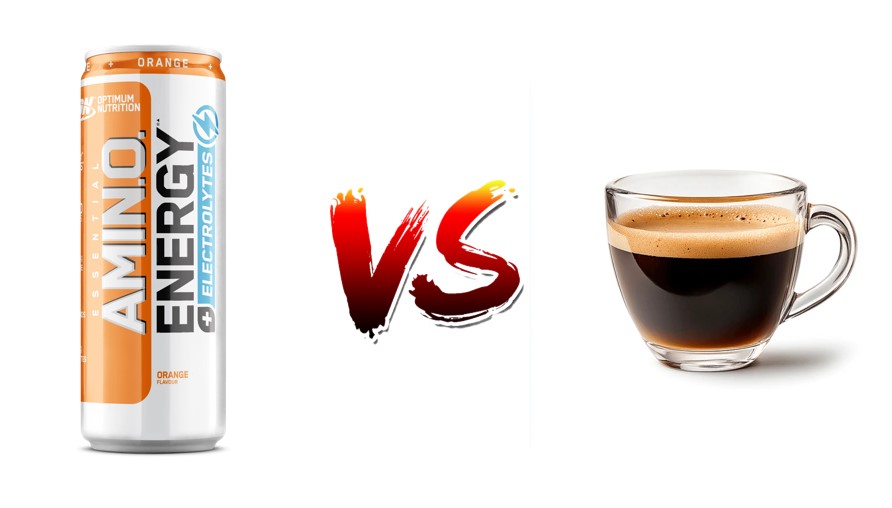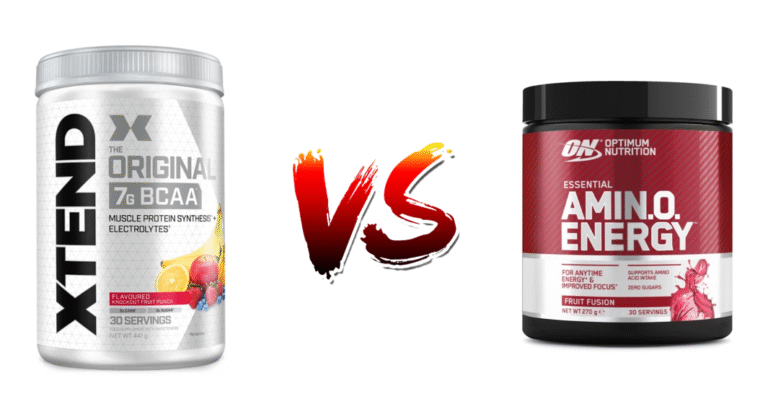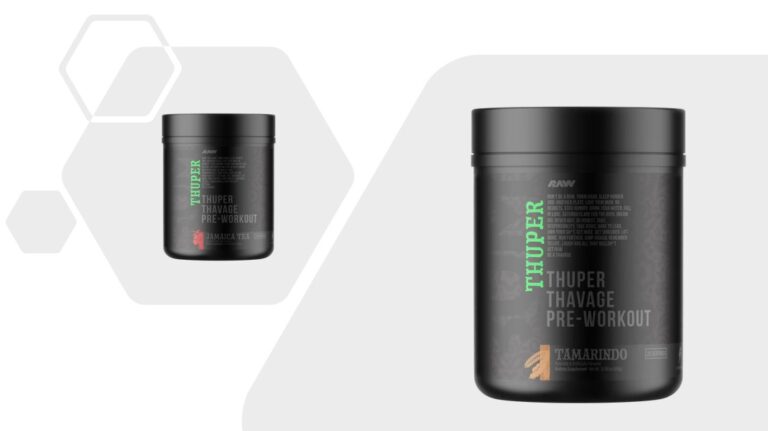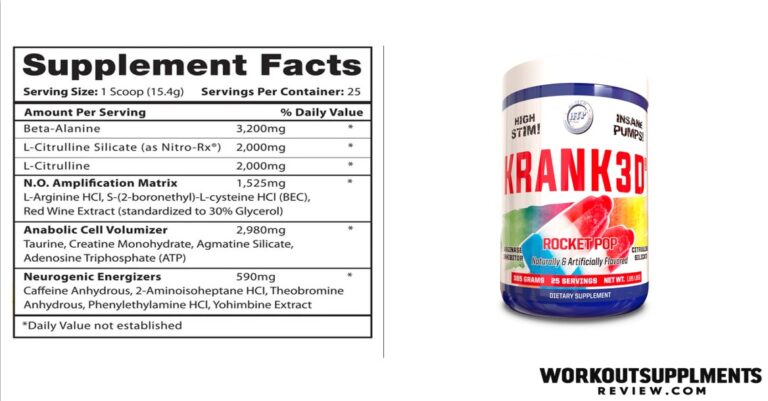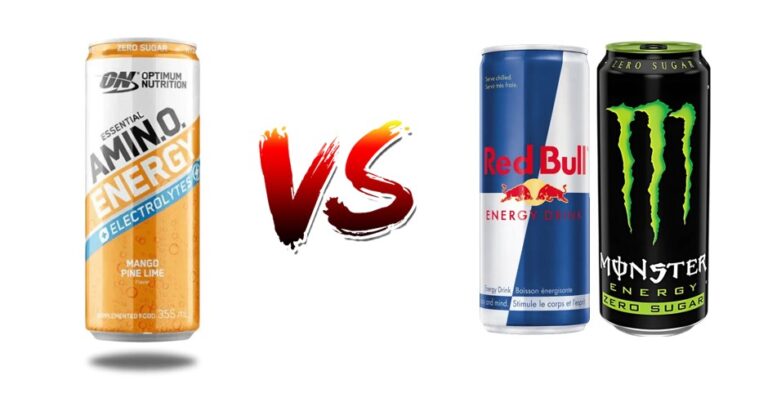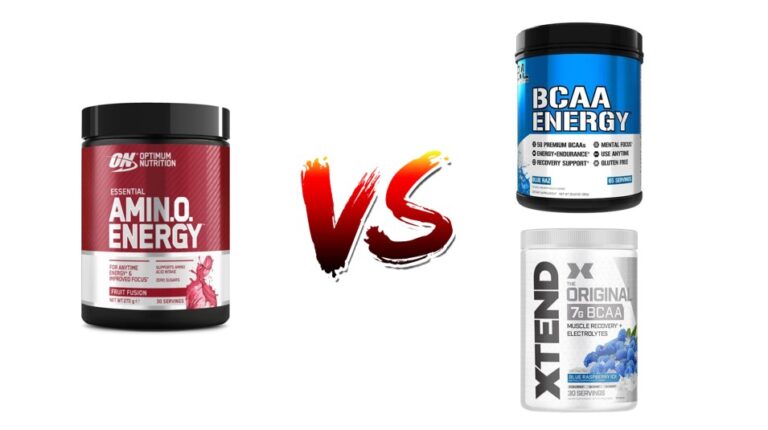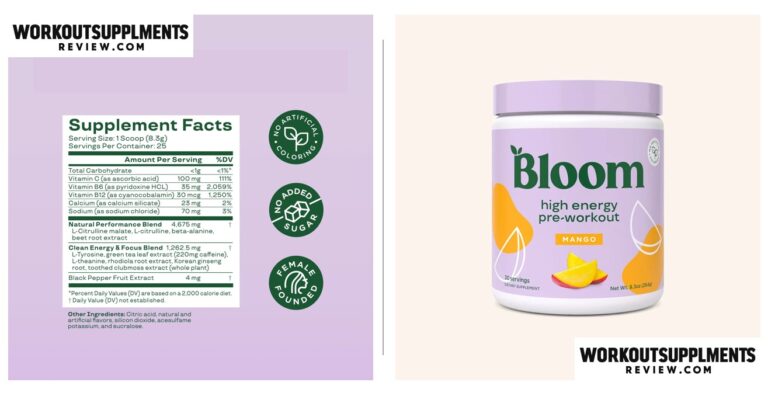Amino Energy vs Coffee: Which One is Better for You?
When it comes to finding an energy boost that fits your daily needs, Amino Energy vs Coffee are two of the most popular options. Both offer caffeine, the well-known stimulant that increases alertness and energy, but the benefits, ingredients, and effects of these two beverages are distinct.
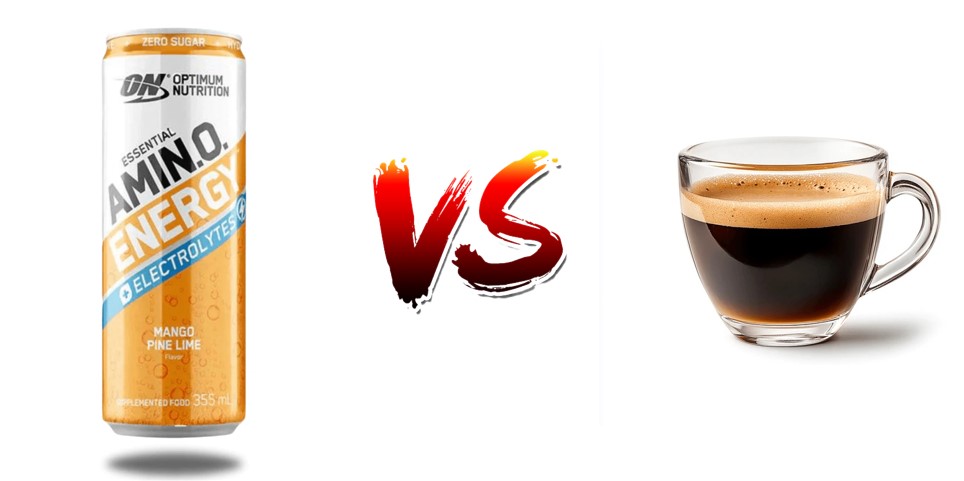
Whether you’re an athlete, a busy professional, or someone looking to boost energy levels during the day, understanding the differences between Amino Energy and Coffee will help you make an informed decision.
In this comprehensive guide, we’ll explore the key ingredients, benefits, caffeine content, and more to compare Amino Energy vs Coffee, so you can determine which one fits your lifestyle best.
Table of Contents
What is Amino Energy?
Amino Energy, produced by Optimum Nutrition, is a ready-to-drink (RTD) energy beverage that combines caffeine with amino acids (including BCAAs – Branched-Chain Amino Acids). It’s designed to provide both an energy boost and support for muscle recovery and endurance. It’s marketed primarily as a pre-workout drink but can be consumed at any time for an energy lift.
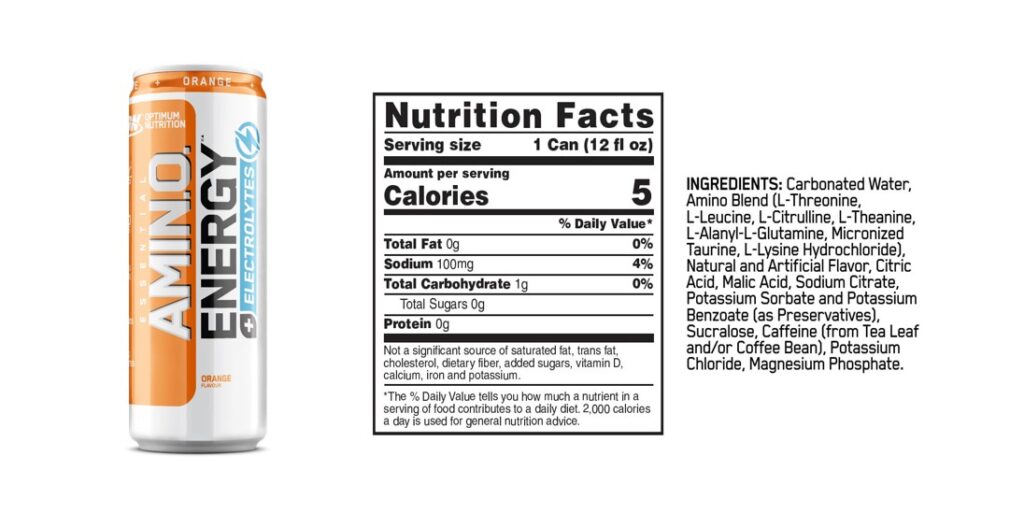
Key Ingredients in Amino Energy:
- Caffeine (100 mg per bottle): Caffeine is a well-known stimulant that helps increase alertness and focus. The caffeine in Amino Energy provides a moderate energy boost without the jitters, making it ideal for those looking for a controlled energy increase.
- Amino Acids (BCAAs): Amino Energy contains 5 grams of essential amino acids, including Leucine, Isoleucine, Valine, which are vital for muscle recovery, reducing muscle soreness, and improving endurance.
- Electrolytes: To support hydration and muscle function, Amino Energy includes electrolytes like sodium, potassium, and magnesium, helping replenish what’s lost during physical activity.
- Vitamins (B6, B12, Vitamin C): These vitamins play a crucial role in energy production, metabolism, and overall wellness. Vitamin C also supports the immune system.
- Zero Sugar & Low Calories: Amino Energy is designed to be a low-calorie, zero-sugar option, making it suitable for those on calorie-conscious diets or looking to avoid sugar crashes.
Flavors of Amino Energy:
Amino Energy comes in a variety of refreshing flavors like Watermelon, Blueberry Mojito, and Grape, providing an enjoyable taste without the sugar.
What is Coffee?
Coffee, one of the most consumed beverages globally, is known for its high caffeine content and ability to keep people alert and focused. It’s made from roasted coffee beans, and the caffeine in coffee acts as a central nervous system stimulant to temporarily enhance mental clarity, energy, and focus.
Key Ingredients in Coffee:
- Caffeine (Approximately 95 mg per 8 oz cup): The primary active ingredient in coffee is caffeine, which boosts your energy and improves focus and concentration. The amount of caffeine can vary depending on the brewing method, bean type, and serving size, with some cups having more than 100 mg of caffeine.
- Antioxidants: Coffee is rich in antioxidants, which help neutralize free radicals in the body, potentially lowering inflammation and supporting overall health. Antioxidants in coffee have been linked to various health benefits, including reducing the risk of certain diseases.
- Water: The base of all coffee is water, and hydration is important for maintaining focus and energy.
Flavors of Coffee:
Coffee is extremely versatile, offering a wide variety of flavors based on the type of coffee beans, roast level, and preparation methods. Popular coffee drinks include black coffee, lattes, mochas, and cold brews.
Amino Energy vs Coffee: Key Differences
To help clarify the differences between Amino Energy vs Coffee, we’ve put together a detailed comparison of their ingredients, caffeine content, and other important features:
| Feature | Amino Energy | Coffee |
|---|---|---|
| Caffeine Content | 100 mg per bottle | 95 mg per 8 oz cup (can vary based on brew method) |
| Additional Ingredients | Amino acids (BCAAs), electrolytes, vitamins (B6, B12, Vitamin C) | Antioxidants, water |
| Energy Boost | Moderate, sustained energy boost | Quick, intense energy lift |
| Focus and Performance | Supports muscle recovery, endurance, and focus | Improves mental alertness and focus |
| Sugar and Calories | Zero sugar, low-calorie | Can vary; typically sugar and calories in some drinks |
| Convenience | Ready-to-drink, portable | Requires brewing or preparation |
| Best For | Pre-workout, endurance, muscle recovery | Quick energy, mental clarity, morning routine |
Caffeine Content Comparison: Amino Energy vs Coffee
Both Amino Energy and Coffee contain caffeine, but the amounts and effects can differ significantly.
- Amino Energy provides 100 mg of caffeine per bottle, which is a moderate amount. This is enough to boost energy without overwhelming your system, making it ideal for those who need a steady, controlled energy lift, especially during workouts or as an afternoon pick-me-up.
- Coffee typically contains 95 mg of caffeine per 8 oz cup, but this can vary depending on the brewing method, type of coffee, and serving size. For example, a cup of espresso may contain more than 100 mg of caffeine, while a cup of regular brewed coffee can contain slightly less.
The caffeine in coffee can provide a quick, intense boost, making it great for a rapid lift in energy and mental clarity. However, Amino Energy is designed to deliver a more balanced energy boost while also supporting muscle recovery, thanks to its added amino acids and electrolytes.
Which One Should You Choose?
Choose Amino Energy if:
- You need a steady, controlled energy boost without jitters.
- You’re looking for a drink that supports muscle recovery, endurance, and hydration during or after a workout.
- You prefer zero sugar and low calories in your energy drink.
- You want a convenient, ready-to-drink option that’s easy to carry and consume on the go.
Choose Coffee if:
- You want a quick, intense boost of energy.
- You need something that helps you stay mentally alert and focused throughout the day.
- You enjoy the ritual of brewing coffee and the variety of flavors it offers.
- You’re looking for a drink with antioxidants that may provide long-term health benefits.
Amino Energy vs Coffee: Final Thoughts
In the debate of Amino Energy vs Coffee, your choice ultimately comes down to your goals and preferences. If you’re looking for a drink that not only gives you an energy boost but also supports muscle recovery and endurance, Amino Energy is the better option. It’s a great pre-workout or post-workout drink that’s also low in calories and sugar.
On the other hand, if you need a quick, powerful jolt of caffeine and appreciate the rich flavors and antioxidants that coffee provides, then coffee is your best bet. It’s a classic choice for mental focus and alertness and can easily be integrated into your daily routine.
Both drinks have their place depending on your needs, so it’s worth experimenting with both to see which one aligns best with your lifestyle!
FAQs: Coffee vs Amino Energy
- Which is better for working out, Amino Energy or Coffee?
- Amino Energy is better for working out because it provides BCAAs for muscle recovery, endurance, and hydration, along with a moderate caffeine boost.
- Can I drink both in the same day?
- Yes, but keep track of your total caffeine intake. A combination of Amino Energy and Coffee could push you over the recommended daily caffeine limit of 400 mg.
- Does Amino Energy contain more caffeine than coffee?
- Amino Energy contains 100 mg of caffeine per bottle, which is slightly more than the average cup of coffee (95 mg per 8 oz). However, coffee’s caffeine content can vary widely.
- Is coffee healthier than Amino Energy?
- Coffee offers antioxidants, which can support long-term health, while Amino Energy provides added amino acids for muscle recovery and zero sugar, which makes it a better option for workout support and health-conscious individuals.
- What is the Difference Between Caffeine Anhydrous and Caffeine?
- Caffeine anhydrous is more concentrated and works quicker, while regular caffeine is natural and provides a steadier, slower energy boost.

